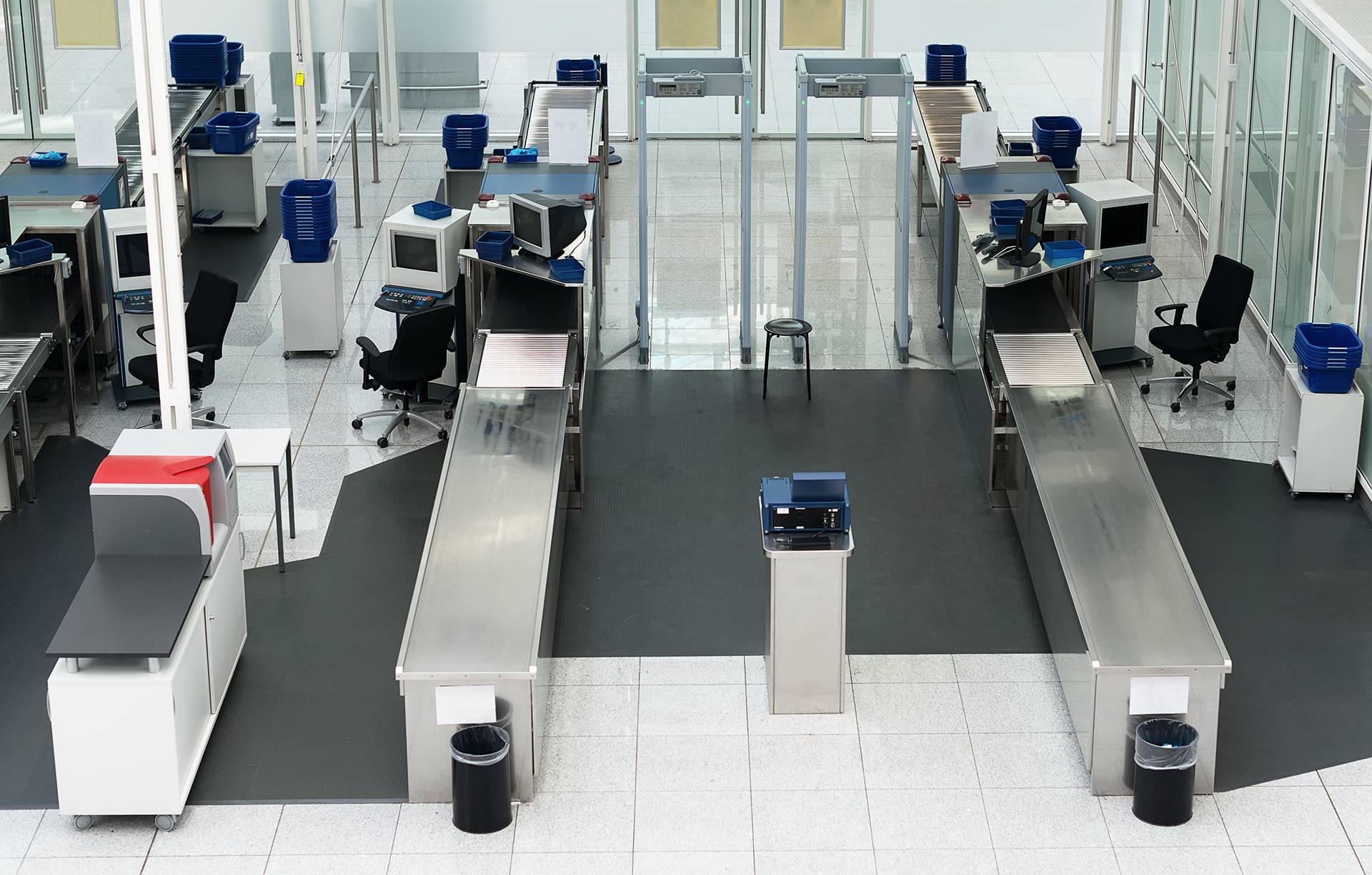In response to the massive impact COVID-19 is having on the industry, Airports Council International (ACI) World has today called for measures to protect the livelihoods of millions of employees who work at airports around the world.
ACI data shows that airports employ – either directly or indirectly – more than 6.1 million people globally which makes up 60% of all employment in the aviation sector. Indeed, the typical hub airport has as many as 40,000 employees either working for the airport operator or for other employers on the airport site.
As a result of the COVID-19 pandemic and the travel restrictions which have been introduced to limit the virus’s spread, current estimates indicate airport industry losses of up to $70 billion (all figures in US Dollars) as compared to a projected pre-COVID-19 baseline for 2020.
The typical large airport with more than 40 million annual passengers generates, on average, $1.3 billion in annual revenues. In other words, estimated losses are almost equivalent to the entire revenue base of the world’s 50 busiest hubs. This does not take into account the losses that the other service providers at airports will inevitably incur.
ACI World will publish a detailed update on the predicted economic impact of the pandemic on the global airport industry next week.
“ACI World is calling on States to consider financial relief measures that will help to alleviate the significant drop in cash flows and to ensure operational and business continuity of airport activities, and to protect jobs,” ACI World Director General Angela Gittens said.
“The present crisis is leading to a domino effect and Tourism Economics, an Oxford Economics Company, estimates that the decline in international visitor spending in the US will tally 13 times the impact of SARS and nearly double the impact of 9/11.
“Indeed, it is predicted that the decline in economic activity could potentially exceed the loss of income experienced during the Global Financial Crisis of 2008, according to the International Monetary Fund.
“Recognizing that the entire aviation ecosystem has been affected by this crisis, financial relief should be non-discriminatory and not benefit one actor at the expense of another actor in the aviation ecosystem.”
Measures that could be considered include:
• the immediate provision of government assistance through grants and subsidies to support operating expenses and wages to airport staff
• ensuring secured financing and loans at preferential rates and bank guarantees
• the suspension of all national and local aviation specific taxes for 2020
• The waiving or postponement of airport rents and concession fees applicable to airport operators, irrespective of their ownership status.
States must also consider maintaining a minimum level of employment to allow continued operations and to preserve a rapid return to full operations. This would mean supported wage guarantees with regards to those still employed and bridge-in programs for those temporarily laid off.



